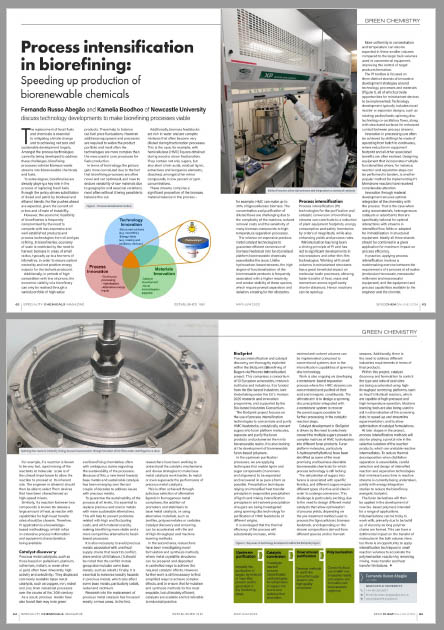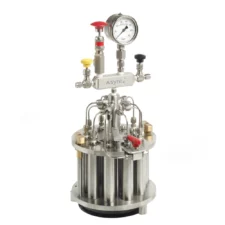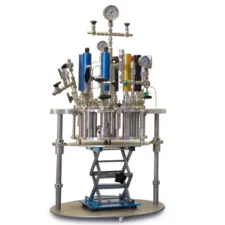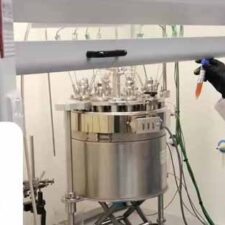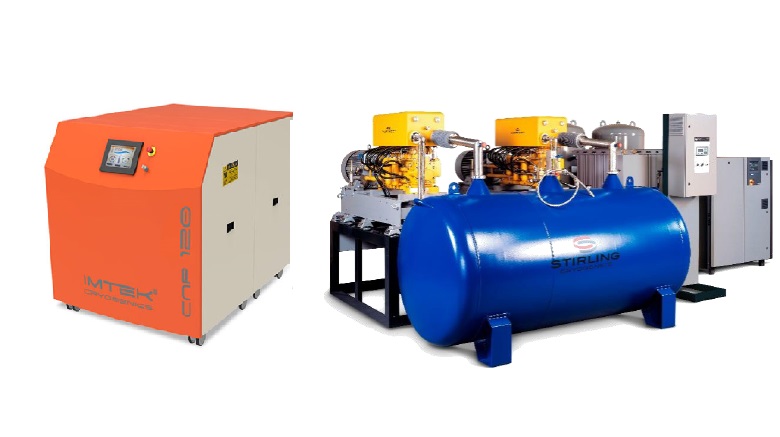Dr Fernando Russo Abegão and Dr Kamelia Boodhoo, from the Process Intensification Group within Newcastle University (UK), discuss technology developments made to make biorefining processes viable within the recently published article, “Process Intensification in Biorefining: Speeding up production of biorenewable chemicals”, which is featured in the May 2022 edition of Speciality Chemicals Magazine.
Why are sustainable and affordable catalysis materials needed?
Many industrial processes rely on catalysts containing expensive precious and metals, or metals sourced from areas of conflict. A key objective for the Process Intensification Group has been to develop affordable, less hazardous catalysts to achieve similar function and performance to those currently available, keeping synthesis simple and easy to scale up.
Read the article online now:
Find the article on pages 62/63/64/52 via the link here: https://viewer.joomag.com/speciality-chemicals-magazine-may-jun-2022
The Process Intensification Group sits within the Chemical Engineering Discipline in the School of Engineering at Newcastle University, UK. The Group’s research focus is on developing intensified processes using techniques where the process rates are enhanced by orders of magnitude in comparison to conventional processes. This results in equivalent reductions in equipment size, capital, and operation costs. Most of the group’s research is around biorenewable chemicals and fuel production, green chemistry and CO2 capture and conversion.
For further information on the work of the Process Intensification Group and sustainable and affordable catalysis please visit http://pig.ncl.ac.uk/.
Featured apparatus: The Asynt Multicell-PLUS parallel high pressure reactor
In our related press release, Dr Kamelia Boodhoo, a Reader in Sustainable Process Technology, explained that… “We looked at various commercially available high-pressure reactors and chose the MultiCell-PLUS system from Asynt as it incorporated parallel agitated reactors with automatic temperature and pressure control. Using this versatile, high-performance system we have already successfully developed a new generation of ‘greener’ catalysts for dehydration of C5 and C6 sugars into furans. Looking to the future, our plan is also to use the MultiCell-PLUS for screening of solvents and process conditions”.
For more information on the Multicell-PLUS pressure reactor system please either visit our product page or contact us to discuss your requirements.
